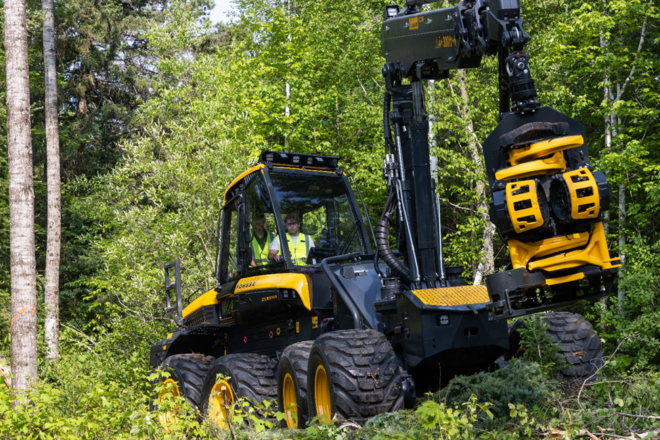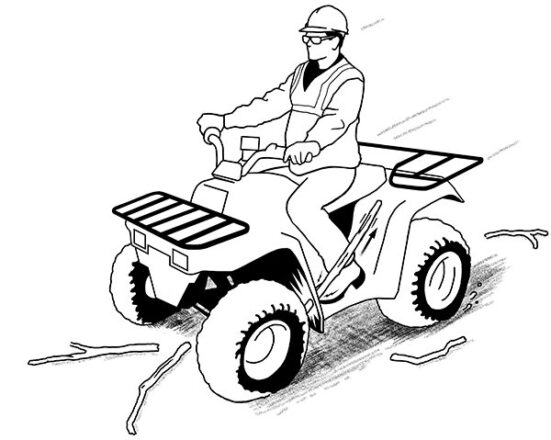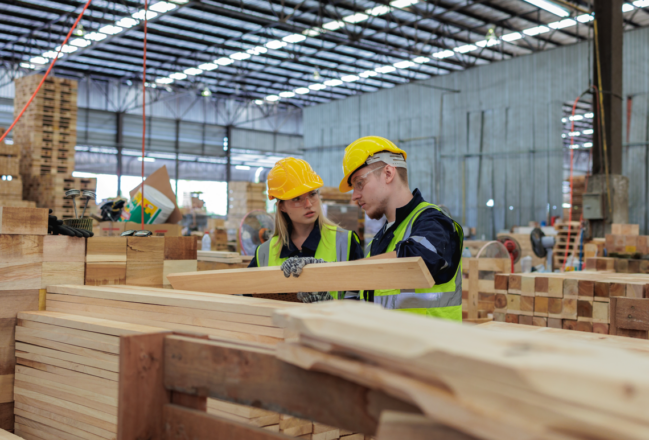The Value in Consumer / Supplier Meetings
With any relationship, sometimes you need to put in some extra effort to keep those relationships intact. Wood buyers and wood suppliers are no exception to this rule. Considering events over the last five years in the Lake States, many things took place that weakened and often broke the bonds between wood buyers and suppliers. Some examples of bond breakers are as follows.
Mill closures force market dynamic swings. The mission of a good wood procurement group is to buy the wood required to meet mill production rates and budgets. Mill closures or curtailments can change geographic procurement areas as foresters seek to lower wood costs. Relationships may be strengthened or weakened with this process.
Market sales have an impact on production schedules. If sales are not available for products that a mill makes, run schedules will be slowed to react to the market deficit. These curtailments trickle down to wood suppliers. Wood cannot be purchased if not consumed. Hot and cold purchases lead to difficult decisions for both wood buyers and wood suppliers.
Covid-19 had a devastating impact on the dynamics between wood buyers and wood suppliers. Routine job visits from wood buyers turned into text messages or emails to try to avoid personal contact to limit the spread of the outbreak. Face-to-face interaction post Covid-19 was limited, with everyone habitual to these practices.
A Forest Resource Association (FRA) consumer/supplier meeting can help a failing supply chain get back in shape and address strained relationships. Each party’s commitment to take the time is the first step to help mend the relationship. FRA makes efficient use of time with an agenda designed to discover common themes of what has been broken and what may need to be fixed. Problems are then prioritized by common themes. Communication between the groups is facilitated so that each side has a hand in developing solutions to problems uncovered. It’s time well spent with both groups leaving them with a list of things to work on and prepare for future discussions.
Billerud, North America (NA) realized last spring that we had some issues with our supply chain and that we didn’t really know how to solve them. FRA organized a meeting with our suppliers and us. This meeting helped us with a jump start on how our wood suppliers and we interact. We have since had a follow-up meeting to discuss progress and keep everyone pointed in the same direction. I won’t say that all of our problems are solved, but I will say that the framework has put us on a path where the relationship is substantially better than where we started. The meeting assisted us in developing practices that we continuously monitor. Through this monitoring, we can quickly assess areas where additional adjustments are needed and continue strengthening our wood buyer and supplier relationships.


